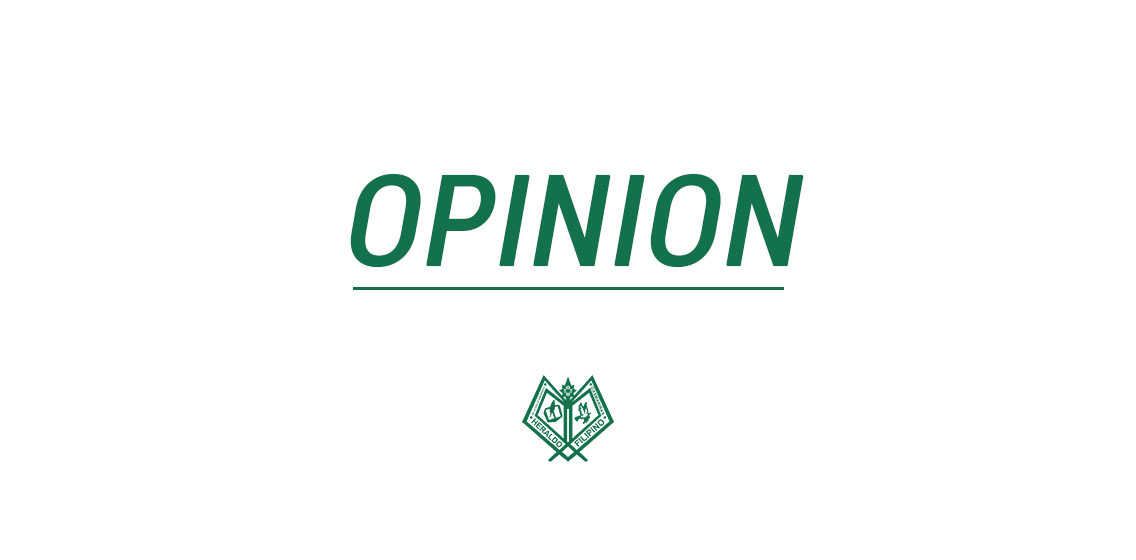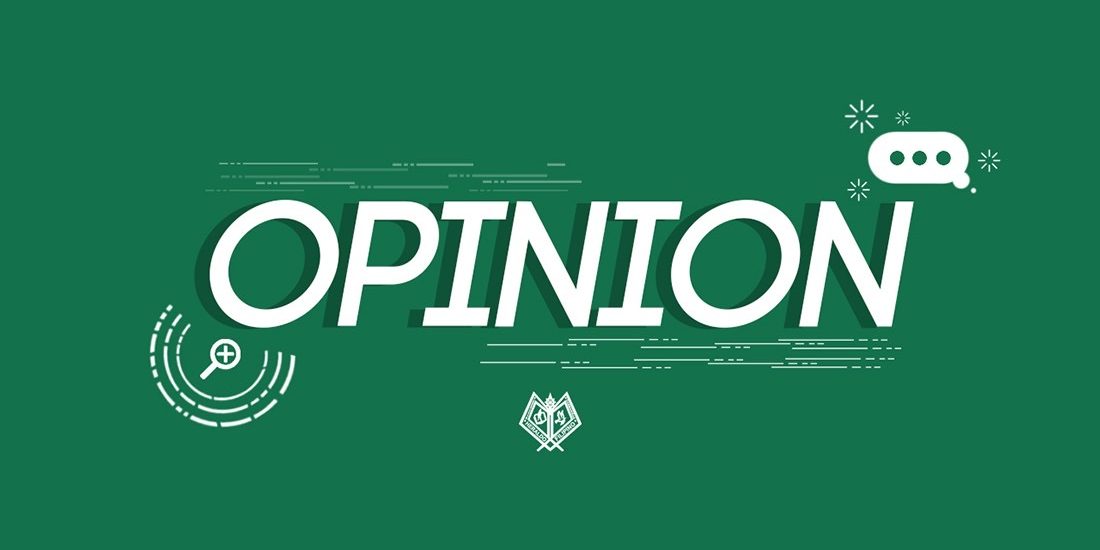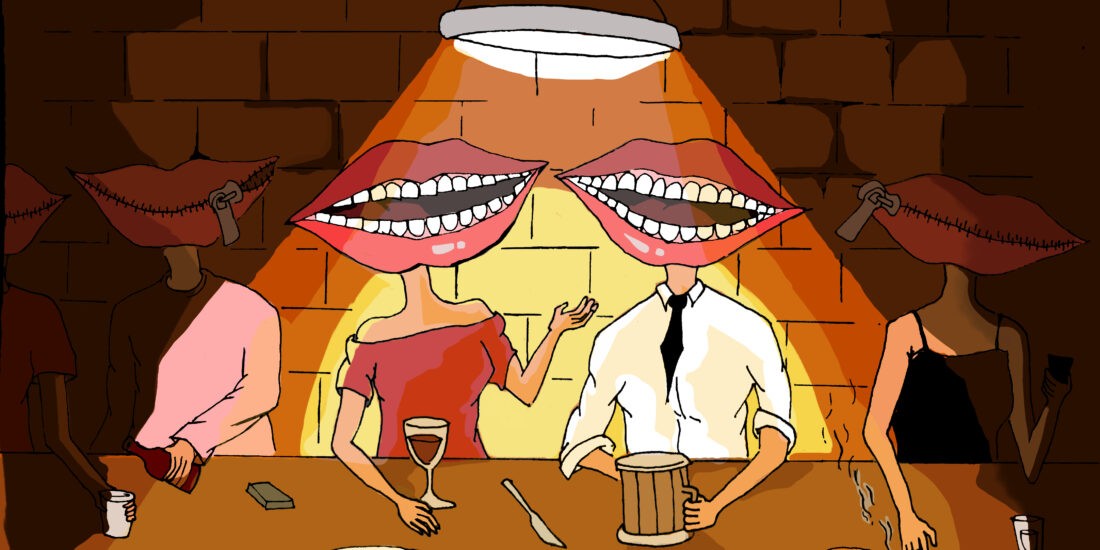Fatal flaw
Despite the raging journalist in me, I still tend to shy away from political talk from time to time. Though like a moth being beckoned by the lethal light, I can’t help but sometimes click on a compelling link or two and get washed away in a sea of disappointment and obosen jokes. The saddest part about my online escapades is often the grimiest part of any online post—the comments section. The place where so many people bash on anyone who thinks negatively on the government—oftentimes because surely they can never go wrong, right?
Before we go any further, there’s no need to worry because this won’t just be another lengthy piece leaning on one administration and opposing another. On the contrary, it’s about something so much bigger than the political spectrum engulfing our very senses—the surrounding practice we are rooted in that often interchange legality for morality.
With the barrage of policies being implemented left and right by our government, we’ve all come to the point of taking a step back from our computer screens to really consider if all of this is done with the right mind. From banning NSFW websites like Pornhub and then wanting to expose Senator Leila De Lima’s alleged sex video to the Congress, it can be extremely confusing to know what exactly our government is fighting for because of their morally questionable ideas. These ideas that are often so far-fetched from what we grew up with, shaking us to our core simply because the government can’t be this ridiculous. Sadly like most of our doe-eyed ideas, even our system ends up disappointing us.
The fatal flaw here is the blind assurance we try to find from the government. Morality often serves as the core of who we are, something to be sure of when the world all goes to hell. In an ideal world, legality would be based on morality, wherein what is legal stems from what is right—and not the other way around. Unfortantely however, we’re forced to face the music and see the world go to hell anyway, one unjust policy after another.
A recent case being when United States president Donald Trump invoked an executive order on January 27 that banned people from seven Muslim countries from entering the US for 90 days, and banning the majority of refugees for a whopping 120 days. It’s wrong and unjust—but in all aspect of the word, not exactly illegal. The law is nothing if not a moral prescription for distress—a prescription that won’t necessarily serve its purpose when covered in filth and administered by unclean hands such as that of Trump.
Perhaps another equally disasterous outcome of the present system is that people also take this as a social cue to do what the government does—simply because they can. Our moral compass may appear to be headed north, but without knowing the direction of the seas, no doubt we’ll all go south anyway. We shouldn’t wait for another Trump-zilla attack on our values—either from the outside or by our own government. It’s an utter mistake to simply stand back and let the government gets its hands dirty and let them define that as our ethics. After all, we should first know ourselves as individuals in order to decide what we stand for as citizens.
In the midst of the political catastrophies and the world going to the dogs, we should all stop and look around for a while, not to ask if what we’re seeing is legal, but to ask if what we’re doing is right.
Admittedly, what we stand for won’t always exactly correlate with what our government upholds, but when we start to replace a moral matter for a legal one, that’s when we start to lose ourselves and our identity in the process. In times of political disarray, we should all take a page from Martin Luther King Jr’s book and heed his saying, “One has a moral responsibility to disobey unjust laws”—especially in a time when doing right has never felt so wrong.





